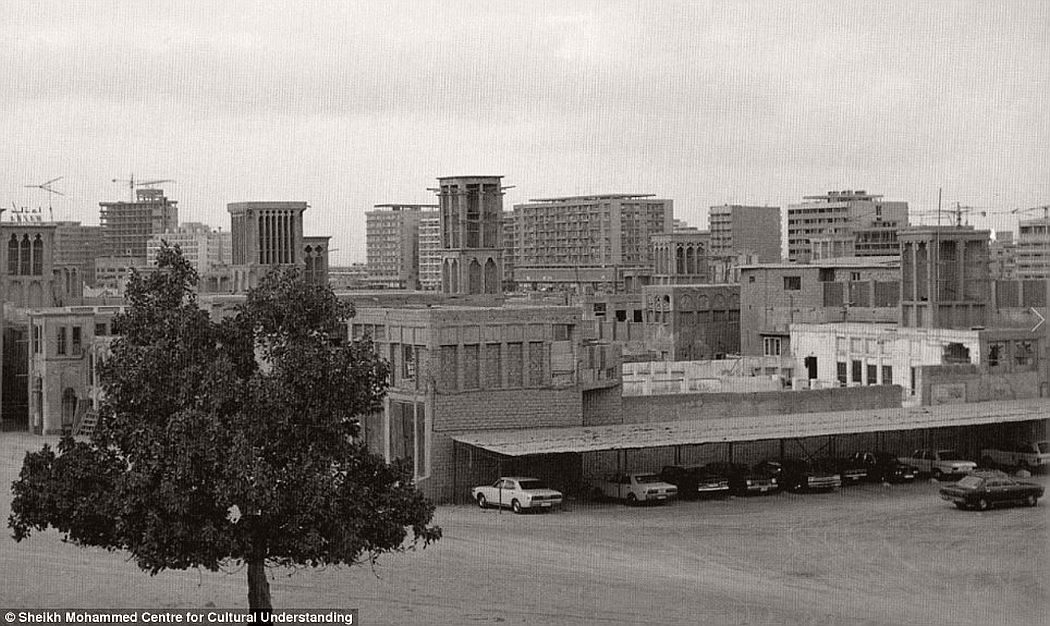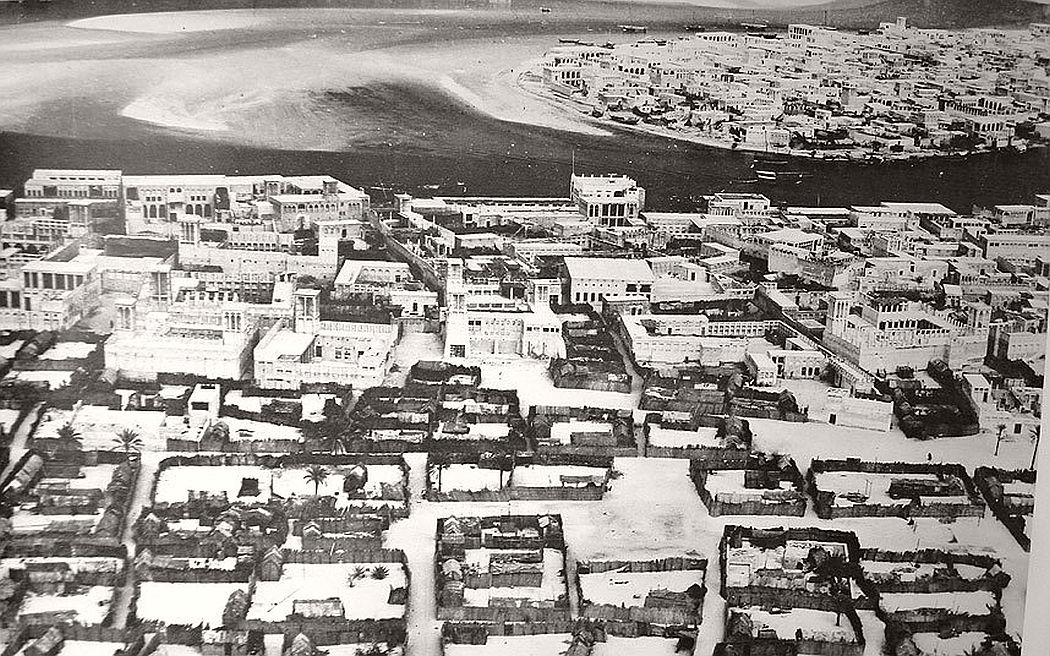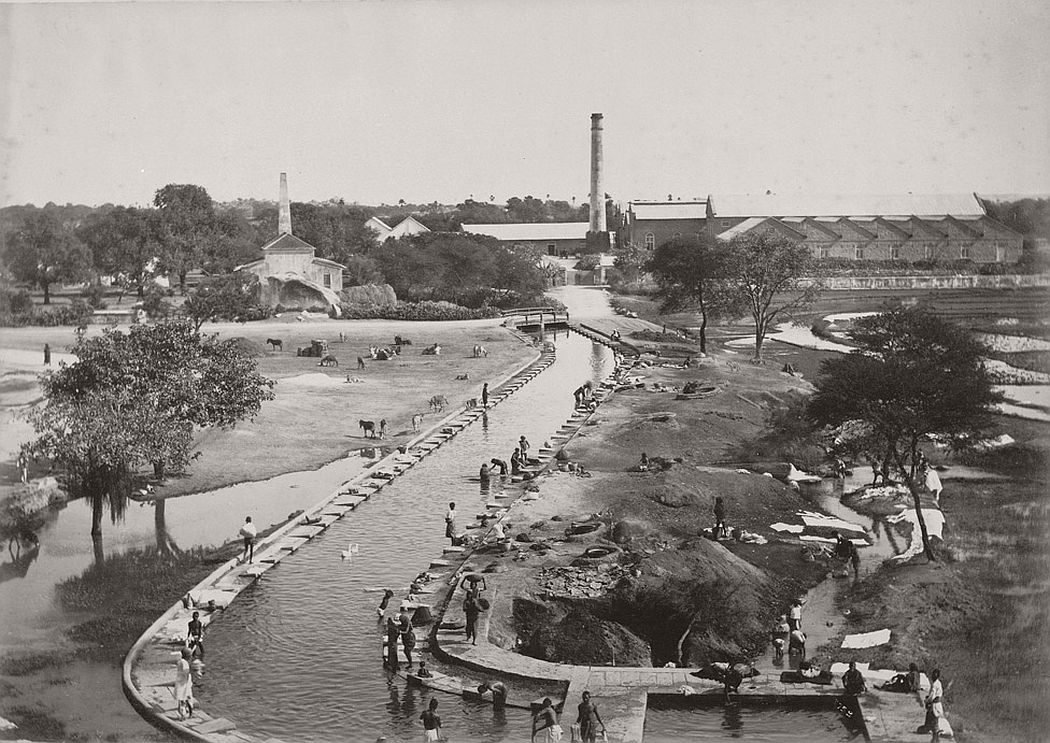HannibalBarca
ELITE MEMBER

- Joined
- Jan 4, 2017
- Messages
- 8,647
- Reaction score
- 3
- Country
- Location
Well Can't speak about pakistan, but for tunisia, since years and years back even before Bourguiba in the 50' Tunisia got a free and obligatory education, a semi free healthcare, and social aid, a working force and nearly democratic gov even before any countries in gulf. Even "outsiders without tunisian nationality has those rights, meanwhile in gulf state in the 50-60s till this day it's not the same for everyone . We have infrastructure for dozens of years that even Dubai just aquired few years back... I can go on and on.
But our country was stopped in their tracks by let's see " by ppl that if i saw them, i will no think twice bf making a mistake..."
As for the future of gulf states, well they are building infrastructure for now, but as any nation around the world, if you don't have a work force in any lvl done by YOUR own ppl, then your future is not sure.... And I don't see an Emirati doing the job of a garbage worker or else... with a salary of 2-3k/month....
In conclusion no national worforce no sustainable power. Even Yemen has better chance to be a superpower than any gulf state if things didn't work bad for them through out history...
Do you have sources for that as I find that interesting.
I will have to repeat myself as we disagree. You cannot compare small GCC states (population wise), with countries that were former colonies for decades if not 1-2 centuries (influencing the models of those countries heavily) and much more populous countries.
UAE in the 1950's basically had a local population of what, 100.000 at most. Mostly concentrated in coastal cities and villages and with a few roaming semi-nomads in the interior (deserts and mountains).
KSA is a different story on all fronts as well as when it comes to local workforce an sustainable power. You can see that already and will see that even more. KSA, if no wars or conflicts occurs, will be one of the success stories of the region. I have no doubt about this. Saudi Arabian women alone (some of the most highly educated in the Muslim and developing world, resilient, passionate and wanting to prove themselves more than anywhere else) will ensure that.
BTW, this is Dubai in the 1950's:
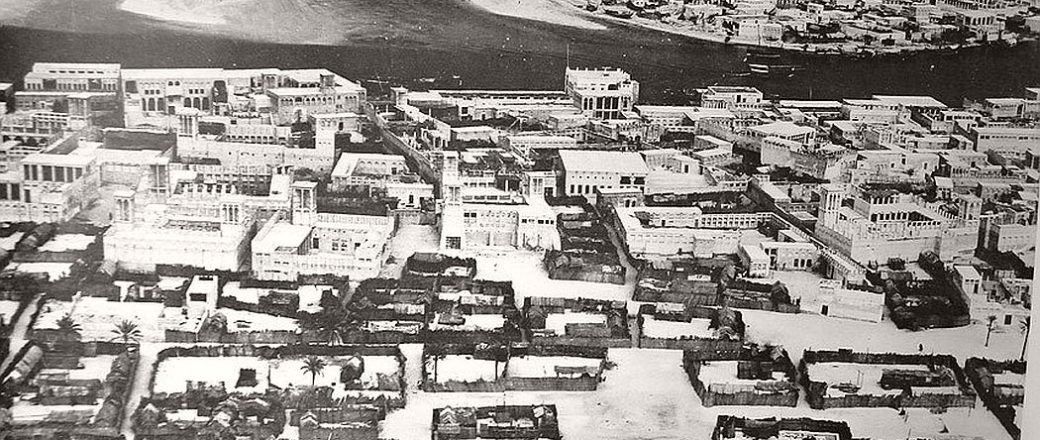
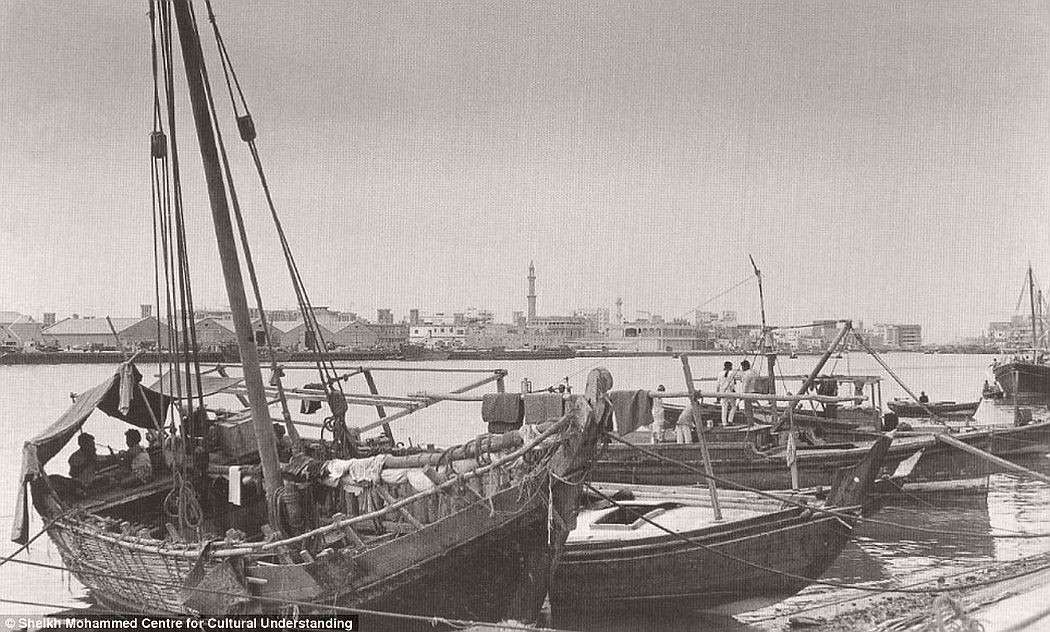
First Tunsia was never a colony... but a protectorate, ALgeria and others in the area was.
As for Dubai I knwo what it was and not only him Qatar and those little land around KSA. But even if you are a little population doesn't mean you do not have to work every type of jobs. Tunisia was nearly 3.5Mil so a little more than today Qatar, still they worked in every lvl. What i wanted to say is if you do not make your ppl work in every lvl, your country will not sustain himself, adn never will be. those GCC states will have no future "alone" only if they get in sort of "union with each others or One eats the others....
as for infrastructure, even KSA got his "new" metro, as it's one of the most basic infrastructure, that's an exemple of priority in those state, work wasn't the priority... but mostly living "thanks" to smthing

